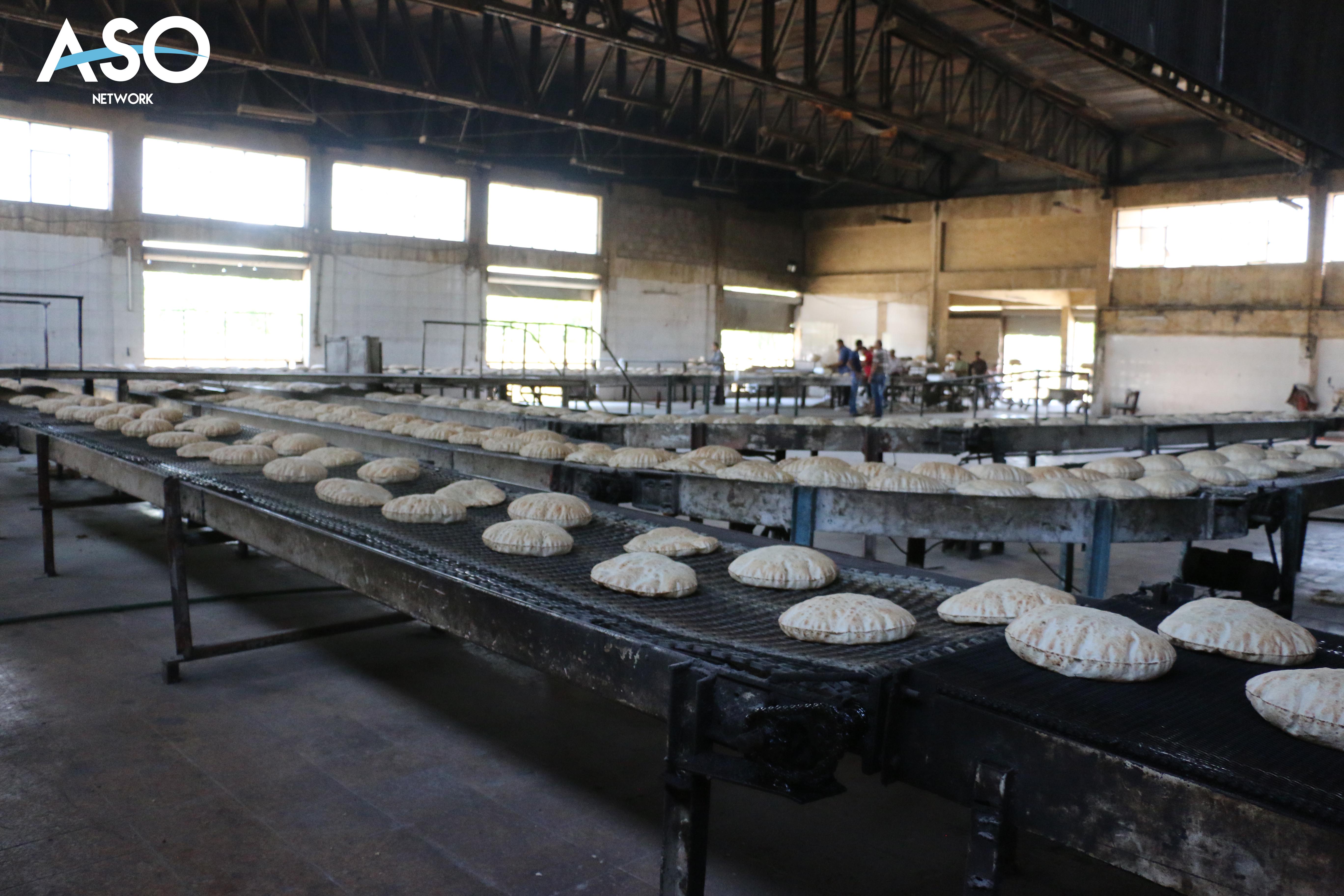articles
No good bread in the ovens … raising the price of tourist bread is a new crisis that weighs on the people of North-East Syria

ASO-Nejbir Hussein
The Economic and Agricultural Commission in Al-Jazeera region has set a new price for the bag of tourist bread estimated at 500 Syrian pounds, in light of the complaints of the people in Rojava / North-East Syria, about the loss of bread and the poor quality of available bread.
“Mohammad Ali,” one of the people of Amuda, describes the decision to raise the price of tourist bread incorrectly, while the people are waiting, to improve the living situation and provide flour and bread, in light of the economic crisis that burdened the people.
Ali Says to ASO News Network that he and his family consume three bags of bread a day, fearing that he will not be able to provide bread for his children from now and on.
People in the area complain about the poor quality of bread, as well as the people of Amuda who have complaints about bread produced in the automatic oven.
In the opinion of the residents that the decision to pay attention to tourist bread comes as a result of the inability to produce good quality bread in the Governmental ovens.
“Salman Baroudo,” the joint head of the Economic and Agriculture Authority, told ASO News Network, they set the new price for tourist bread after meeting with the owners of ovens that produce tourist bread.
“Baroudo” added that the goal of setting pricing by them is to prevent tampering with the weight and price of the bread bag, as was previously the case repeatedly.
But The Autonomous-Administration has not yet announced the reason for interest in tourist bread and the poor quality of automatic bread.
Baroudo mentioned that limiting the weight of one bag to 700 grams is estimated at 500 Syrian pounds, indicating that the owners of these ovens must secure flour.
In most cities and towns in North-East Syria, people face a crisis of unavailability of bread in ovens, as part of a list of service crises in which they live.












